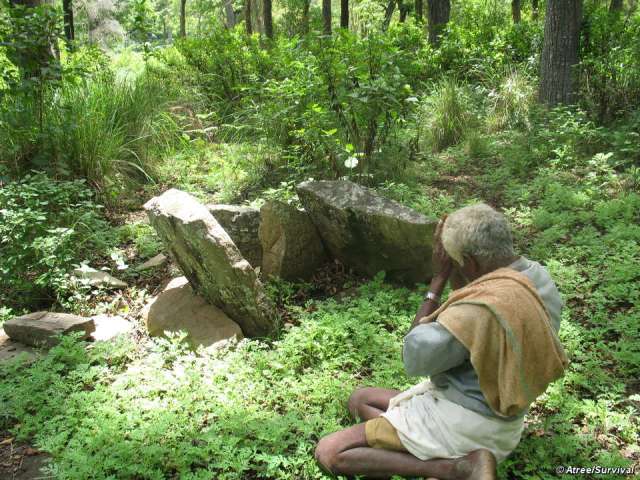Role of Sacred Groves and their current status in adivasi society
Conservation of natural resources has been an integral part of diverse cultures in different ways. Indigenous communities all over the world lived in harmony with the nature and conserved its valuable biodiversity. There were many traditional conservation practices of adivasis in many parts of the world, which contributed to the conservation and protection of biodiversity. A good example of such traditional practices is the conservation and protection of small forest patches called “sacred groves”. Sacred groves are patches of forest, water bodies, grasslands considered to be inhabited by gods and hence, strictly prohibited from resource extraction. […]
More news on educational and health matters
Higher studies that can result in a livelihood opportunity is within the reach of many students and their families now – a far cry from even a decade ago. […] tribal counselors also function as a good bridge between the government’s health system and the adivasi community, by informing everyone about the various government schemes and other possible assistance. They help monitor chronic patients and pregnant women regularly.
Importantly, they prove, once again, that given an opportunity, adivasis are capable of providing important services to our own community and are the best bet to mobilise the community and to take responsibility for their future.
Source: Adivasi.net – Newsletters, No.31 Apr – Jun 2011
Address : <http://www.adivasi.net/Newsletters/news.php>
Date Visited: Wed Jul 13 2011 16:49:29 GMT+0200 (CEST)
Reports in the Indian press | List of periodicals included in this search >>
Search tips
Combine the name of any particular state, language or region with that of any tribal (Adivasi) community.
Add keywords of special interest (music, poetry, dance just as health, sacred grove and biodiversity); learn about the rights of Scheduled Tribes such as the “Forest Rights Act” (FRA); and the United Nations “Declaration on the Rights of Indigenous Peoples”, “Universal Declaration of Human Rights”, “women’s rights”, or “children’s right to education”.
Specify any other issue or news item you want to learn more about (biodiversity, bonded labour and human trafficking, climate change, ecology, economic development, ethnobotany, ethnomedicine, global warming, hunter-gatherers in a particular region or state, prevention of rural poverty, water access).
For official figures include “scheduled tribe ST” along with a union state or region: e.g. “Chhattisgarh ST community”, “Himalayan tribe”, “Scheduled tribe Tamil Nadu census”, “ST Kerala census”, “Particularly Vulnerable Tribal Group Jharkhand”, “PVTG Rajasthan”, “Adivasi ST Kerala”, “Adibasi ST West Bengal” etc.
In case the Google Custom Search window is not displayed here try the following: (1) toggle between “Reader” and regular viewing; (2) in your browser’s Security settings select “Enable JavaScript” | More tips >>
Note: hyperlinks and quotes are meant for fact-checking and information purposes only | Disclaimer >>

Learn more about the Soliga community in Karnataka >>

“We have a special responsibility to document, monitor and conserve our most precious asset” – Kamaljit S. Bawa in “Our biodiversity, our life, our future” >>
Learn more
Atree.org | Ashoka Trust for Research in Ecology & the Environment (posts)
Biodiversity | Biodiversity hotspot | Hyderabad biodiversity pledge
Climate change | Audio | The Climate Question (BBC Podcast)
eBook | Background guide for education
Ecology and environment | Eco tourism | Tourism | Wildlife tourism
Environmental history and what makes for a civilization – Romila Thapar
Equations blog (Equitable Tourism Options)
Forest Rights Act (FRA) | Hunter-gatherers | Illegal mining | Legal rights over forest land
Information provided by Indian government agencies and other organizations (FAQ)
Nature and wildlife | Crocodile | Elephant | Tiger | Mangrove forest | Trees
PARI’s tales from tiger territory | People’s Archive of Rural India (PARI)
Shola Trust | Nilgiri Biosphere
Water and development – India’s tribal communities
Western Ghats – tribal heritage & ecology
What is the Forest Rights Act about?
Who is a forest dweller under this law, and who gets rights?